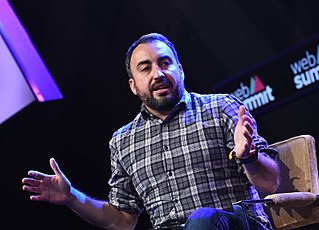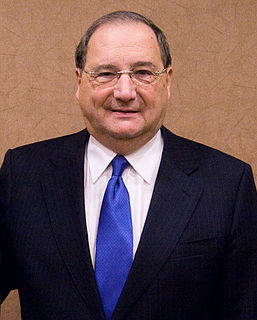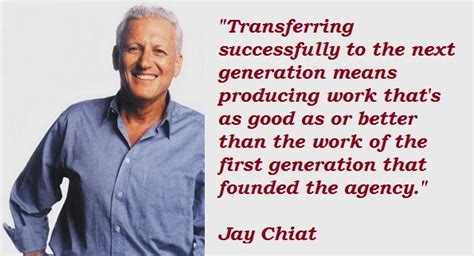A Quote by Alex Stamos
I generally use 'threat intelligence' when I'm talking about a product packaged and sold by a dedicated commercial entity and 'information sharing' as something that happens between security teams at trusted parties without renumeration.
Related Quotes
We need the security standards to apply to the internet. We need to be able to trust that when we send our emails through Verizon, that Verizon isn't sharing with the NSA, that Verizon isn't sharing them with the FBI or German intelligence or French intelligence or Russian intelligence or Chinese intelligence.
I worry because there is a basic asymmetry, an imbalance, between the two parties. For the Palestinians, it is about status and sovereignty, which could always be adjusted, while for Israel it is about security and trust. And security is something you can't adjust. If you make a mistake on the scrutiny issue, there is no going back.
If Israeli intelligence that has been shared with the United States - whether the National Security Agency, the C.I.A., the Defense Department, or the White House - is not safely guarded, Israel faces a major threat to its security. Cooperation with America's agencies is deeply embedded in Israel's intelligence community.
We have no regulation of drones in the United States in their commercial use. You can see drones some day hovering over the homes of Hollywood luminaries, violating privacy. This question has to be addressed. And we need rules of operation on the border, by police, by commercial use, and also by military and intelligence use.
We don't like to use the phrase "state security" in the United States because it reminds us of all the bad regimes. But it's a key concept, because when these officials are out on TV, they're not talking about what's good for you. They're not talking about what's good for business. They're not talking about what's good for society. They're talking about the protection and perpetuation of a national state system.


































